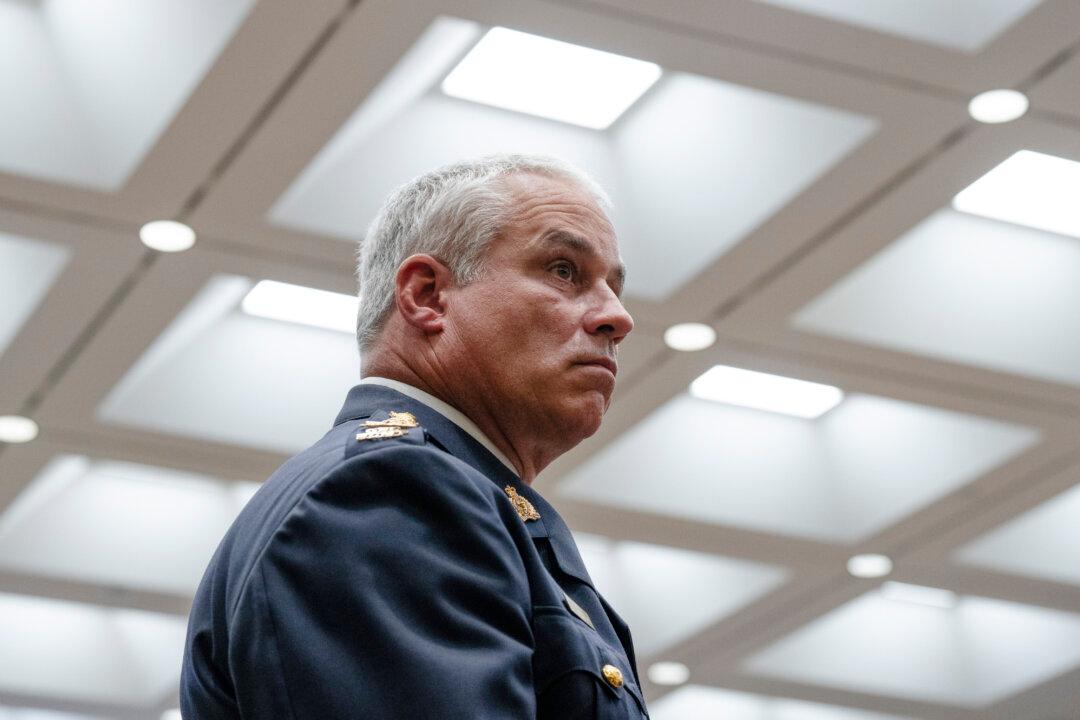The federal police force says it is investigating comments made by former Liberal MP Paul Chiang who suggested his then rival, Conservative candidate Joe Tay, should be brought to the Chinese Consulate to collect a bounty on his head.
The democracy advocacy group Hong Kong Watch had written to the RCMP on March 31 asking for an investigation into Chiang’s comments, which had been made weeks earlier during a Chinese cultural media conference.





